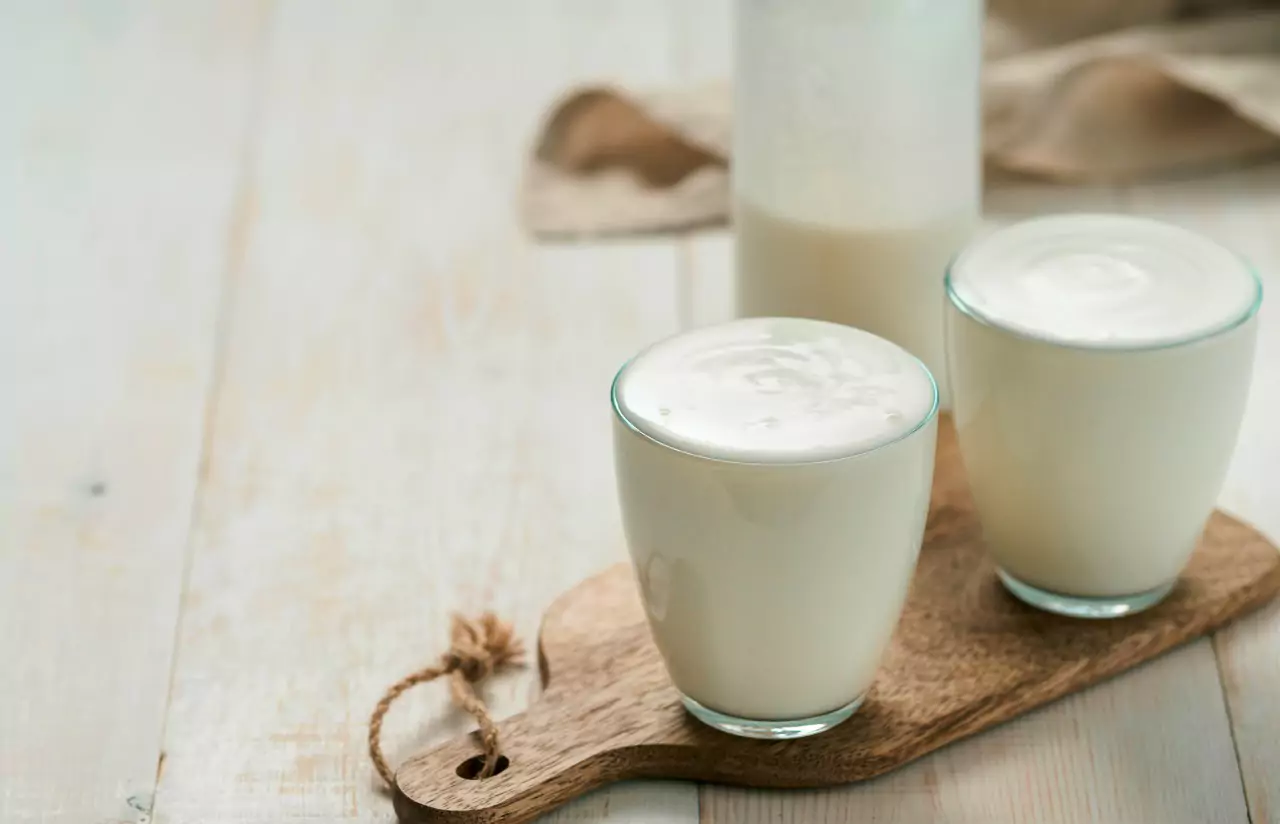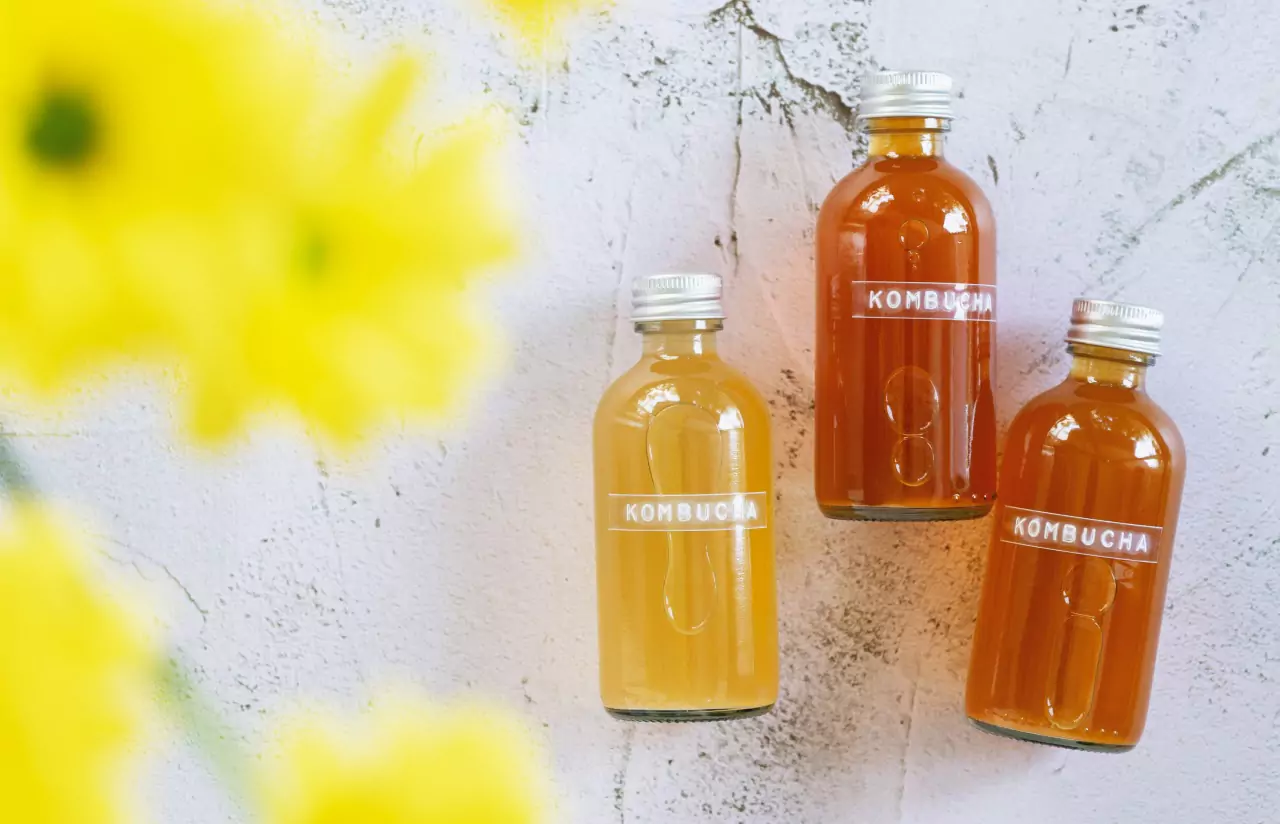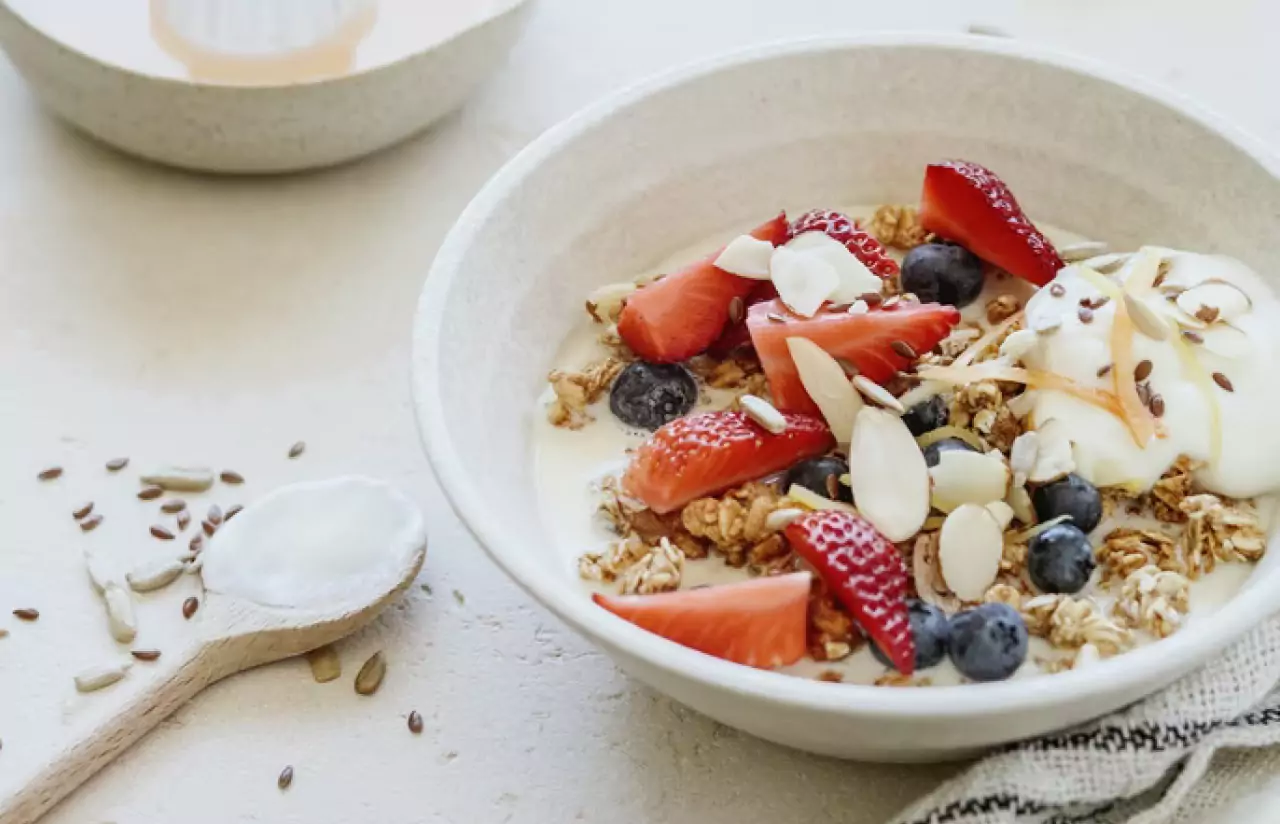Your Immune System and Probiotics

Key Takeaways
You may have heard terms like the immune system, immune response, immune cells, and immune function, but how much do you know about it all? Simply put, the immune system is a network of cells and proteins that protects your body from various dangers.
But even if you have top-notch immunity, you’re sometimes affected by ailments, diseases, and chronic conditions. This is because bacteria and viruses are very adaptable, and when they enter the human body, they affect your health in some way or the other, even if your immune system is well-equipped against them.
One of the solutions to diseases and ailments is antibiotics. Still, some clinical studies by immunology researchers found they significantly impact bacteria that guard the immune system, making it weak and sometimes even making it weak and more susceptible to infection. Fortunately, there are ways to boost immunity, one of which is by introducing fermented foods into your diet! Fermented foods help boost immunity and longevity, positively influence the microflora (a colony or community of bacteria in your system) of the colon, and decrease levels of microbial toxins.
What is Fermentation and Good Bacteria?

The fermentation process beings when different bacteria or yeast convert carbohydrates into lactic acid (Lacto-fermentation).The whole process involves the metabolic breakdown of carbohydrates without oxygen, producing ethanol, acids, and gases that become part of an enzymatic chain.
These microorganisms, with the enzymes that they contain, participate in producing lactic acid, which is essential in the fermentation process. All this creates the beneficial bacteria we know as ‘good bacteria,’ enzymes, vitamins, and probiotics, all of which are living bacteria that improve the intestinal microflora. Still not sure why you need probiotics for good immunity? Read on!
Your Immune System and the Beneficial Effects of Probiotics

You know probiotics are found in fermented food—but what exactly are they? Probiotics are live microorganisms that can influence the production of enzymes in our system. This leads to better absorption of nutrients (and especially fats and proteins), producing vitamins (especially B complex), and boosting your immune system responses.
Not all bacteria in the gut are considered good, and sometimes there can be an overgrowth of more harmful bacteria. Probiotics are generally considered to be the “good” kind of bacteria and thus by eating more fermented foods we can help positively influence our gut microbiome.
Probiotics survive and multiply in the presence of prebiotics, which are certain foods that contain nutrients that help the probiotics to thrive. The best prebiotic is dietary fiber, which probiotics use as fuel. The live bacteria and yeast produced during the food fermentation process significantly impact your health.
Still confused? One of the most popular fermented foods (perhaps one of the first) is milk. When raw milk is left uncooked for a few days, it turns sour due to the transformation of lactose into lactic acid with the help of bacteria. Fermented milk can turn into yogurt, kefir, cheese, or buttermilk, in which the lactic acid acts as a natural antimicrobial, promoting intestinal microflora.
Some of the best probiotics that result from the fermentation processes include fermented dairy products, beer, wine, bread, raw salami, sauerkraut, pickles, and olives. If you’re curious, some plants that contain the best type of prebiotic fiber include leeks, onions, garlic, asparagus, artichoke, chicory root, and bananas. To improve gut health, try adding some of these foods to your diet—we’ve got an extensive list of some beneficial probiotics at the end of this article!
Your Immune System at Work

If all this talk about probiotics and how they interact with microbes (fun fact: your body contains around 40 trillion microbes!) and your immune system has left you confused, here’s some more on the process. You already know that your immune system is a variety of cells, proteins, and organs in the body that protect you from diseases. You should also know that you can find most of this immune system in the gastrointestinal tract. Another thing to note is the role of your white blood cells, which are the cells responsible for finding and killing harmful bacteria in your system. Your microflora works together with these white blood cells to reduce the pH of the intestine, making it a less suitable environment for harmful bacteria.
Your white blood cells are also responsible for creating antibodies that help identify and separate good bacteria from harmful bacteria and viruses. One of the many impacts that fermented foods like probiotics have on the immune system is that they create large amounts of lactic acid that contribute to an acid environment in which the harmful bacteria cannot multiply.
Your internal ecosystem at work
We’ve gone over a bit about the beneficial bacteria from the fermentation process, but remember that bacteria also inhabit your body. Your digestive system has millions of microorganisms essential for good health and a well-functioning immune system. All these microorganisms are known as microflora. Your microflora is in charge of preventing the growth of harmful bacteria by developing and promoting good gut health and producing essential vitamins.
Your body has had a strong bacteria barrier since birth, and its stabilization depends on various factors, including pH, body temperature, oxygen, water, and nutrient levels. Your blood, brain, and muscles are free of bacteria, but your skin and mucous membranes are colonized by various bacteria.
The first contact with essential bacteria is at birth, continuing during breastfeeding. Breast milk contains bacteria that produce lactic acid and boosts a baby’s immune system. There are also milk formulas that contain beneficial microorganisms and contribute to developing the gut mucosal barrier that protects your intestine from the colonization of harmful bacteria that could cause diseases.
Fermented Foods and Disease Prevention

Your body is constantly exposed to outside ‘intruder’ microorganisms looking for a body to host them. As mentioned above, your body uses the immune system to fight against these harmful bacteria, and fermented foods contain essential microorganisms that strengthen that defense.
When your body is going through a lot of stress caused either because of your lifestyle or cell injury, allergies, or other types of health conditions, it can trigger the immune system to be overactive. This can result in allergies, autoimmune diseases, and other health conditions.
Healthy intestinal flora is defined by the presence of two things: Bifidobacteria and Lactobacilli. These prevent the colonization (the presence of bacteria in your body) of certain bacteria that can lead to infections, especially in the stomach. Remember that an imbalance of bacteria in your system can lead to poor gut health, cause inflammation and even affect your mood.
Bifidobacteria have anti-inflammatory effects in yogurt, kefir, sauerkraut, and kombucha. The lactobacilli have antiseptic, antiviral, antifungal, and antibacterial properties, essential in preventing inflammation. They are found in yogurt, raw milk, fermented meat, vegetables, fruits, sourdough, and kombucha.
Antibiotics and Your Immune System

The first line of defense for your system is gut microbiota. It’s naturally designed to protect your body from ‘intruders.’ However, recently, antibiotics have been used as the first line of protection. But they also run the risk of damaging intestinal bacteria. While antibiotics are sometimes essential and can help save lives, prevent infections, and minimize inflammation, they can also destroy good bacteria.
What is more, pasteurization (where liquids are heated to a point where the microorganisms are destroyed) and sterilization are becoming more and more popular. On the one hand, these processes help kill dangerous germs that can cause health conditions to develop. But on the other hand, they can also destroy vitamins and minerals that benefit the immune system.
One way to prevent the decrease of these beneficial bacteria in your system is by consuming fermented food, like probiotics! You can’t always avoid using antibiotics or interacting with pasteurized and sterilized foods, but you can supplement your diet with probiotics to renew the microflora in your system. Make sure to add fermented food to every meal to promote probiotic growth. A diet high in sugar or a diet without any probiotics can lead to various health issues and a weakened immune system.
How Fermented Foods May Support Gut Health
What we choose to eat not only helps with metabolism, glucose levels, the prevention of different diseases, and maintaining a healthy weight, but it can also affect immunity.
Good lifestyle changes can help, including consuming fermented foods to help support immunity. By adding fermented foods to your diet, you can increase your energy levels, improve your immunity and digestive system, and prevent a range of diseases.
Since probiotics are known for their secretion of protective substances that help your immune system function better and prevent pathogens from causing significant diseases. They’re likely an excellent addition to your diet.
Although research is ongoing, adding probiotics to your diet can help with general immune health and keep health conditions like irritable bowel syndrome, cardiovascular disease, respiratory tract infections, and inflammatory bowel disease at bay. They also may have regulatory properties for good gut health, some anti-inflammatory properties, and may even affect your mental health.
Some of the best foods that can boost your probiotic bacteria levels (and have a range of other health benefits) include foods like yogurt, kefir, sauerkraut, kimchi (another form of Lacto-fermented cabbage), miso (a paste made out of fermented soybeans), tempeh (partially cooked soybeans), and natto (fermented soybeans and Bacillus subtilis bacteria).
If you like to drink your probiotics, consider Kombucha (fermented tea), and Rejuvelac (a drink made from sprouts). Grains, beans, and various vegetables and fruits also contain beneficial prebiotics. Here’s a handy list of probiotic foods to include in your diet:

Remember that everyone’s body responds differently to different types of food, and probiotics are no different. If you want to experiment to see what you can add to your diet, consider working with a registered dietitian or healthcare professional to ensure you’re getting the health benefits in a way that best suits your body.
Find the right Nutrisense programto turn insight into progress.
Go Beyond Glucose Data with Nutrisense
Your glucose can significantly impact how your body feels and functions. That’s why stable levels are an important factor in supporting overall wellbeing. But viewing glucose isn't enough. Nutrisense, you’ll be able to learn how to use your body's data to make informed lifestyle choices that support healthy living.
One-to-one coaching
Sign up to access insurance-covered video calls to work with a glucose expert: a personal registered dietitian or certified nutritionist who will help tailor your lifestyle and diet to your goals.
Monitor and measure what matters
With the Nutrisense CGM Program, you can monitor your glucose with health tech like glucose biosensors and continuous glucose monitor (CGM)s, and analyze the trends over time with the Nutrisense App. This will help you make the most informed choices about the foods you consume and their impact on your health.
Find your best fit
Ready to take the first step? Start with our quiz to find the right Nutrisense program to help you take control.

Kara Collier is a registered dietitian nutritionist and certified nutrition support clinician who is passionate about reshaping how we approach prevention, behavior change, and metabolic health. A Forbes 30 Under 30 honoree, she’s helped over 150,000 people improve their metabolic health using tools like continuous glucose monitors and behavior-focused nutrition strategies. Kara has been featured by Forbes, UC Berkeley, and HLTH, and has appeared on top podcasts like Mind Pump and The Genius Life.




